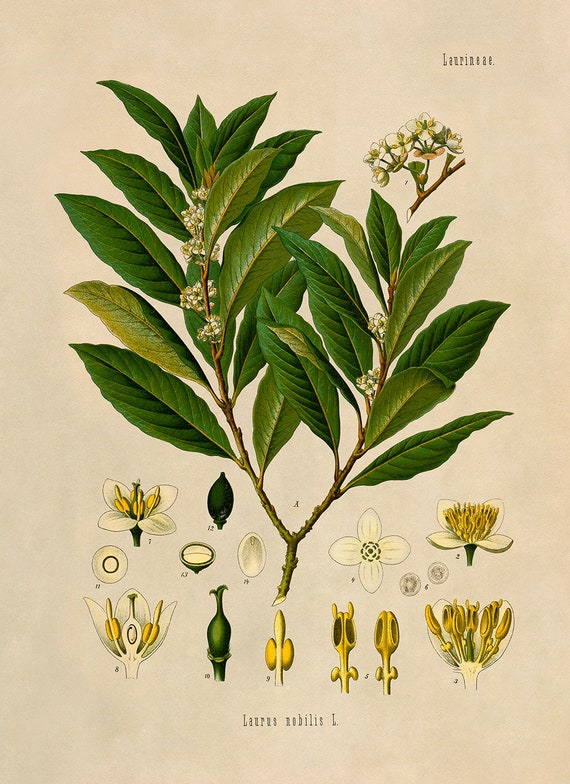
The laurel plant is an aromatic plant that has been used since the dawn of civilization in various methods utlizing traditional techniques. Industrially, laurel oil is extracted from its fruits to be used in the manufacture of natural soap. The plant was also of great importance in the Greek civilization, and the use of bay leaves to this day is still popular in most Western recipes, as it is impossible to imagine French cuisine without the use of bay leaves.
“Laurus Noboilis” is the Latin name for the laurel tree, even for all the evergreen trees in the Mediterranean basin. The laurel tree has fruits similar to the fruits of olives, and from these fruits a sterile aromatic oil called laurel oil is extracted, which is extracted by traditional manual methods.
They are evergreen trees with separate sexes that bloom in mid-April. The male trees do not give fruits, which usually resemble the fruits of olives with a dark brown color. The fruits are placed in beautiful clusters, which are harvested in the fall. The process of picking and pressing is carried out in traditional manual ways, handed down by villagers from fathers to sons generations hence.
Laurel leaves are used as spices in various food recipes, and industrially, laurel oil is extracted from its fruits to be used in the manufacture of natural soap.
Laurel oil is used in the manufacture of natural soap because of its good properties and because it produces a wonderful and safe soap for bathing. It is even recommended to dispense with shampoo and suffice with laurel soap as a good alternative.